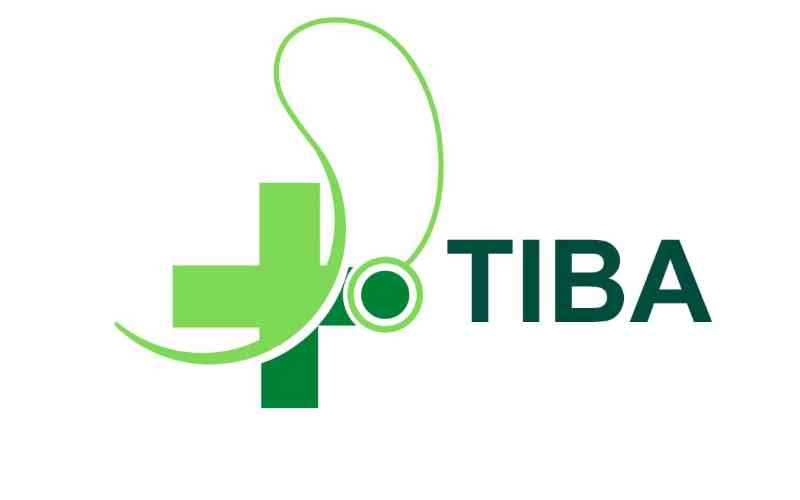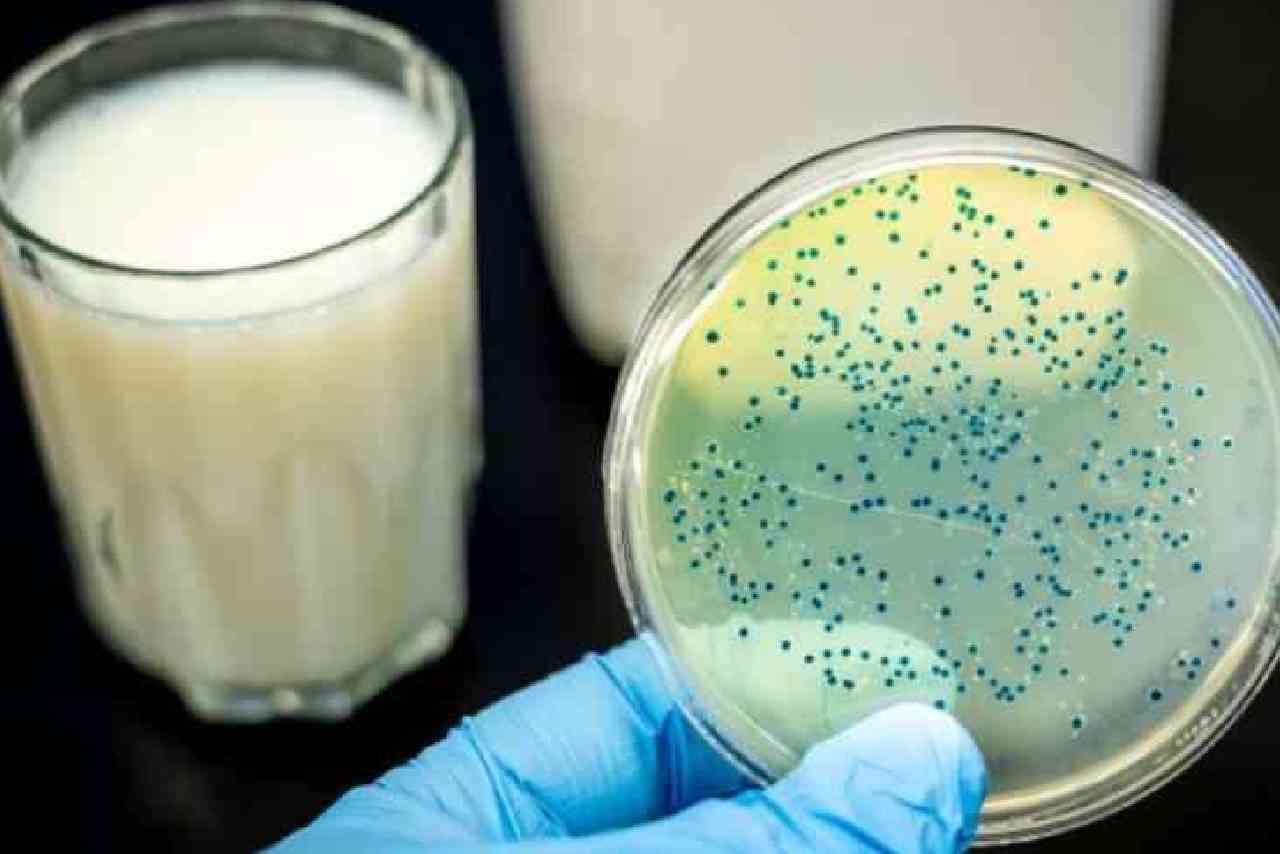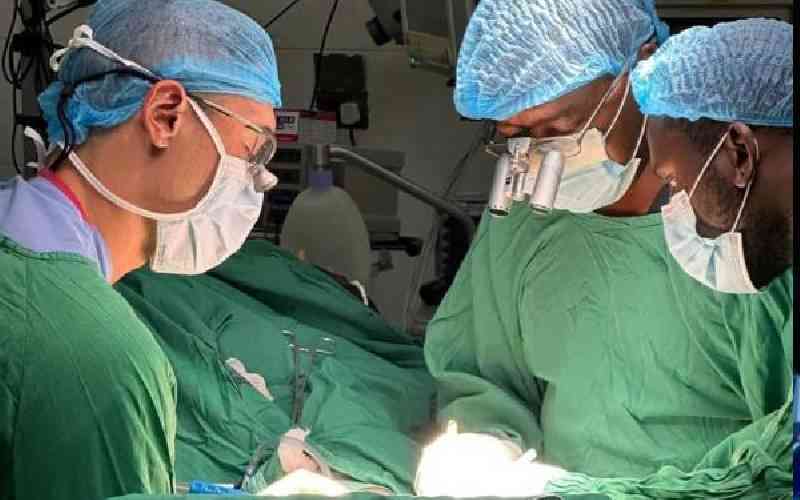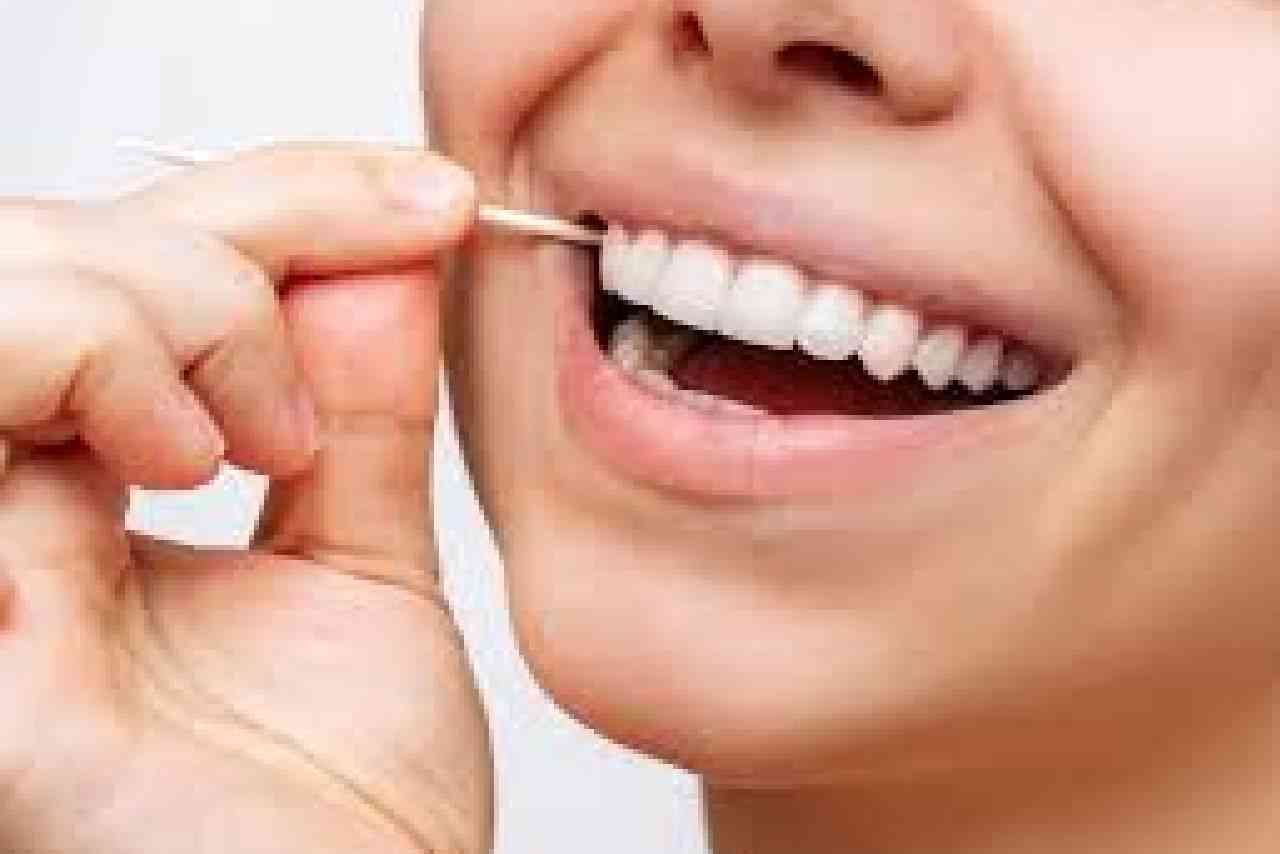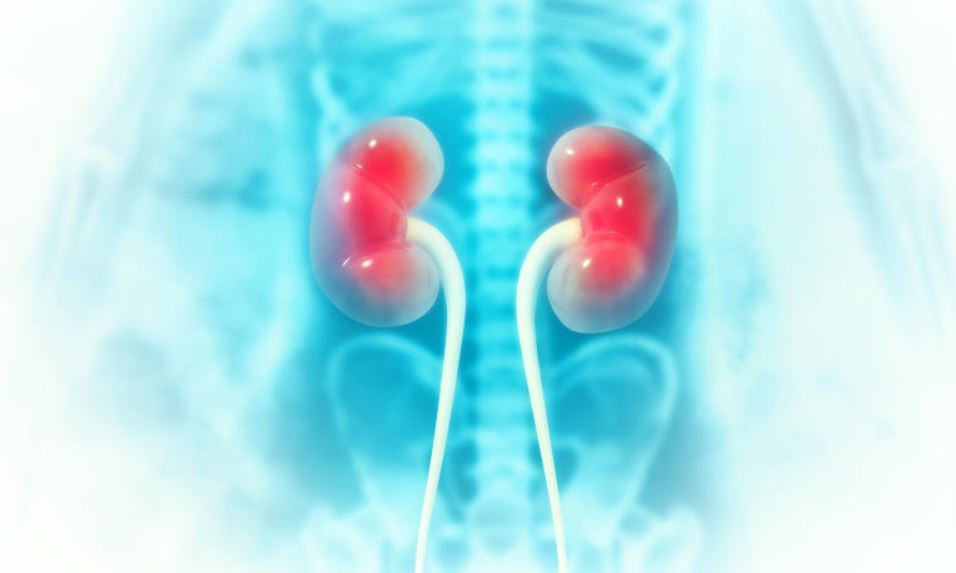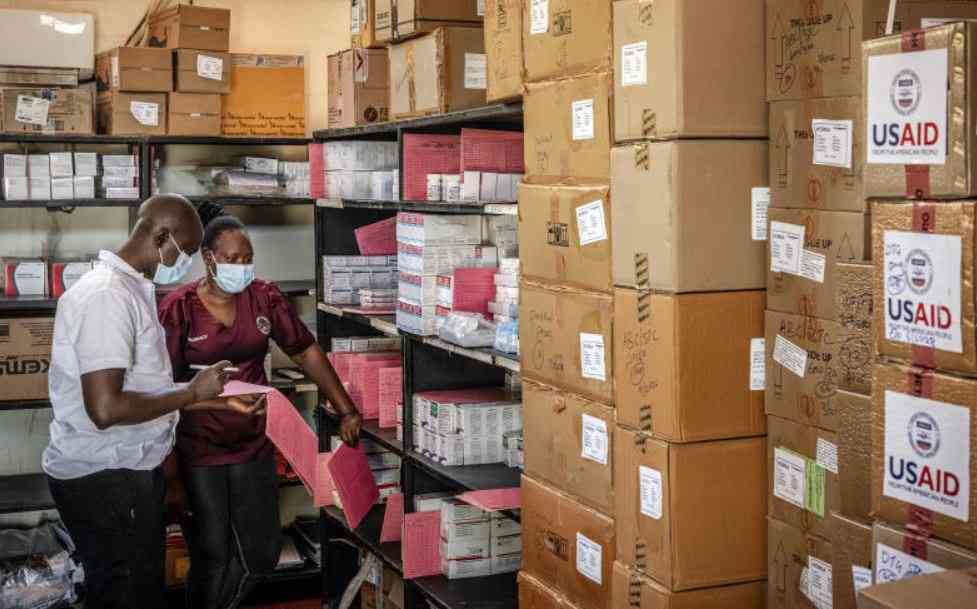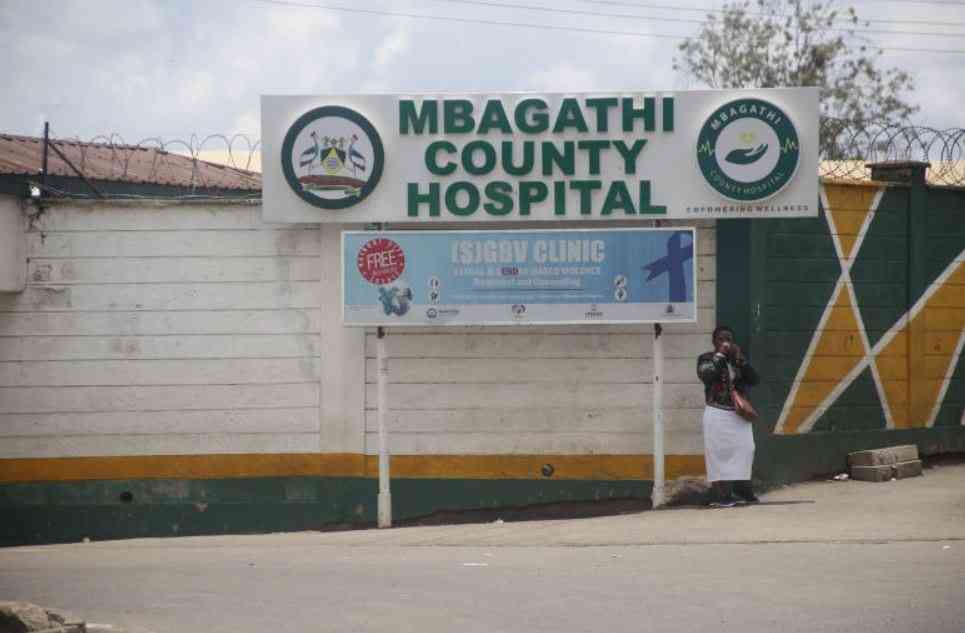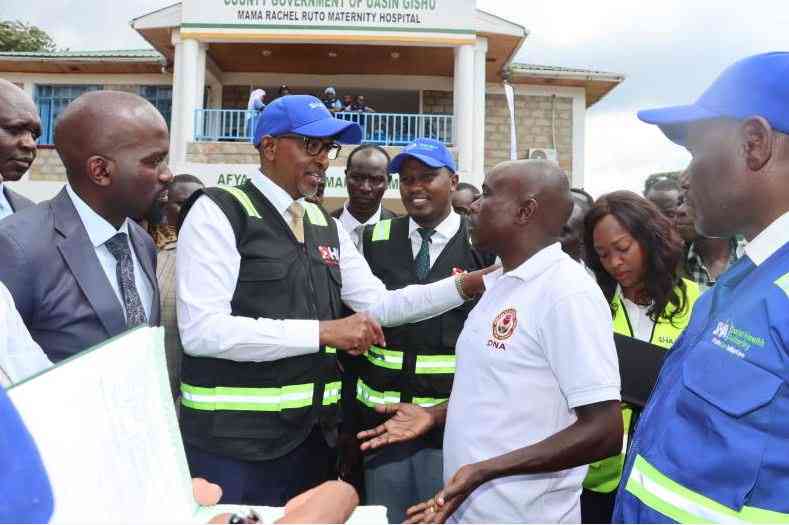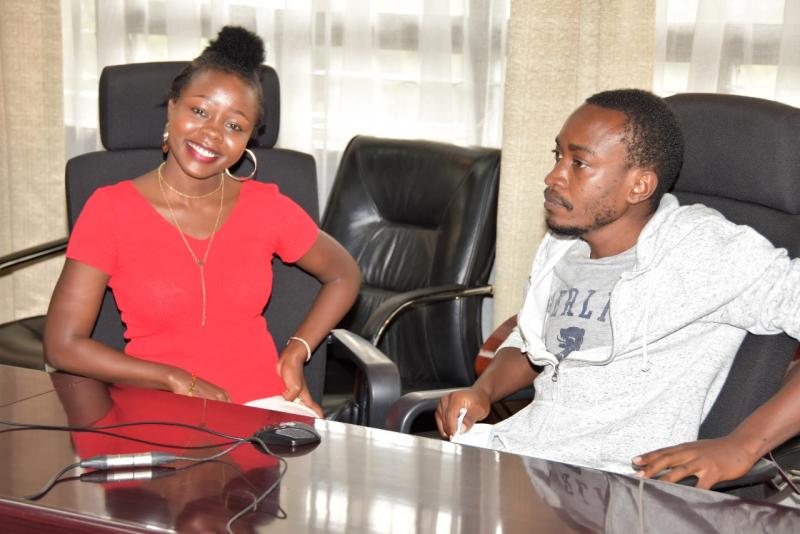
When Brenda Cherotich was discharged from Mbagathi Hospital, many Kenyans were wondering what the next step for her would be.
She was the first Kenyan to be confirmed to have coronavirus. By Friday, the government had confirmed 22 patients had recovered. But what does recovering from Covid-19 mean?
Today, Kenya still has no guidelines on how to handle the recoveries. The assumption is that they are healed and will simply fit back into the society.
So far, with a global death rate of 3.4 per cent, according to World Health Organisation (WHO), there is no doubt more people will recover from the virus than those who die.
However, various studies now show the virus could still be prevalent even after healing, a headache the government must grapple with.
With more recoveries, there are concerns on how they will integrate in the society and how they are to handled. Centres for Disease Control (CDC) has even issued a warning.
“Patients with MERS-CoV infection are unlikely to be reinfected shortly after they recover. It is not known whether similar immune protection will be observed for patients with Covid-19,” CDC says.
A research, which looked at medical professionals in Wuhan, China - where the virus started - stated that the virus persists in the body for up to 14 days after symptoms have vanished.
The study involved four health workers aged between 30 and 36, who were treated at a hospital in Wuhan. All except one responded well to treatment by a drug used for common cold. The remaining one was hospitalised.
After two consecutive negative tests, they were asked to remain quarantined for another five days. After the quarantine period, tests were conducted for eight days, starting just a few days after they had been discharged.
However, tests from swabs taken from Day 5 to Day 13 showed they were still positive despite having fully recovered.
Another research involving 191 patients in China found the virus remained in the bodies of 137 coronavirus patients for an average 19 days.
Have an ending
In one particular case, the virus persisted for 37 days after the patient was declared healed.
The study published in the Lancet concluded: “This has important implications for patient isolation, decision making and guidance around length of antiviral treatment.”
The research noted that epidemiological and clinical characteristics of patients with Covid-19 have been reported but risk factors for mortality and a detailed clinical course of illness, including viral shedding, have not been well described.
This is a scenario Kenya has to deal with as it fights a virus spreading like a bush fire. Dr Thuranira Kaugiria, the secretary general of Kenya Medical Practitioners, Pharmacists and Dentists Board (KMPDU) Nairobi Branch concurs that reinfection is possible.
“It is true that once you have been healed, you can be re-infected,” he says.
But experts argue that all is not lost and that just like all pandemics, which have hit the world, this too, they state, will also have an ending.
They bank on people developing immunity after the initial infection. The other possibility is that the disease will affect more people until such a time it becomes a common virus.
“It is increasingly likely that this virus will spread worldwide. We may have some chance to contain it, but that window does appear to be closing,” Aubree Gordon, an associate professor of epidemiology at the University of Michigan, said in February, before Africa, Europe and the US were hard hit.
Dr Lilian Waiboci, a virologist at the University of Nairobi, states that reinfection is a possibility unless a research shows otherwise.
“Nobody has shown that those who have recovered cannot get infected again neither has any study shown that too,” he said.
This reality, has probably informed the government’s rush to set up isolation centres across the country.
 The Standard Group Plc is a multi-media organization with investments in media
platforms spanning newspaper print
operations, television, radio broadcasting, digital and online services. The
Standard Group is recognized as a
leading multi-media house in Kenya with a key influence in matters of national
and international interest.
The Standard Group Plc is a multi-media organization with investments in media
platforms spanning newspaper print
operations, television, radio broadcasting, digital and online services. The
Standard Group is recognized as a
leading multi-media house in Kenya with a key influence in matters of national
and international interest.

